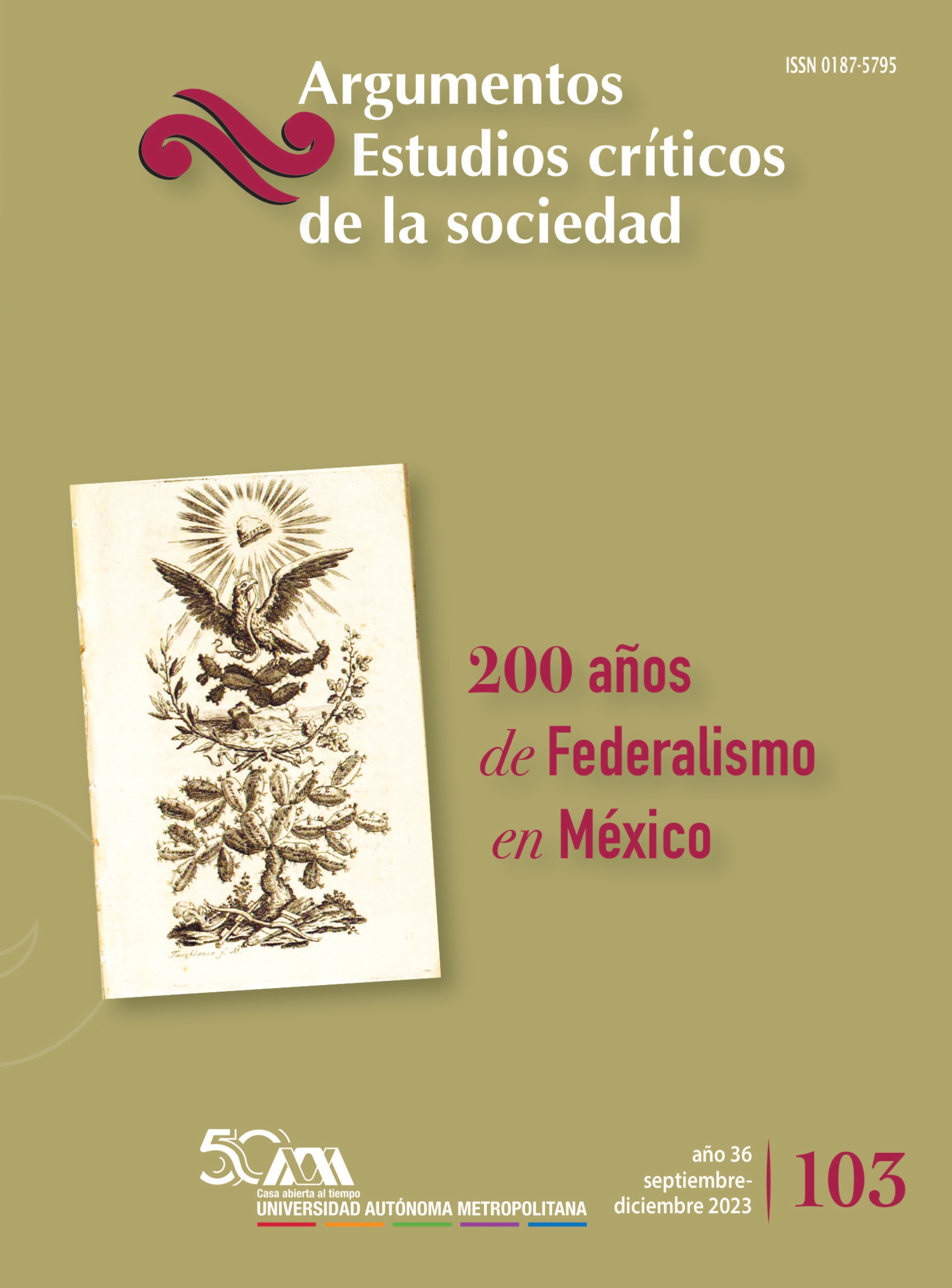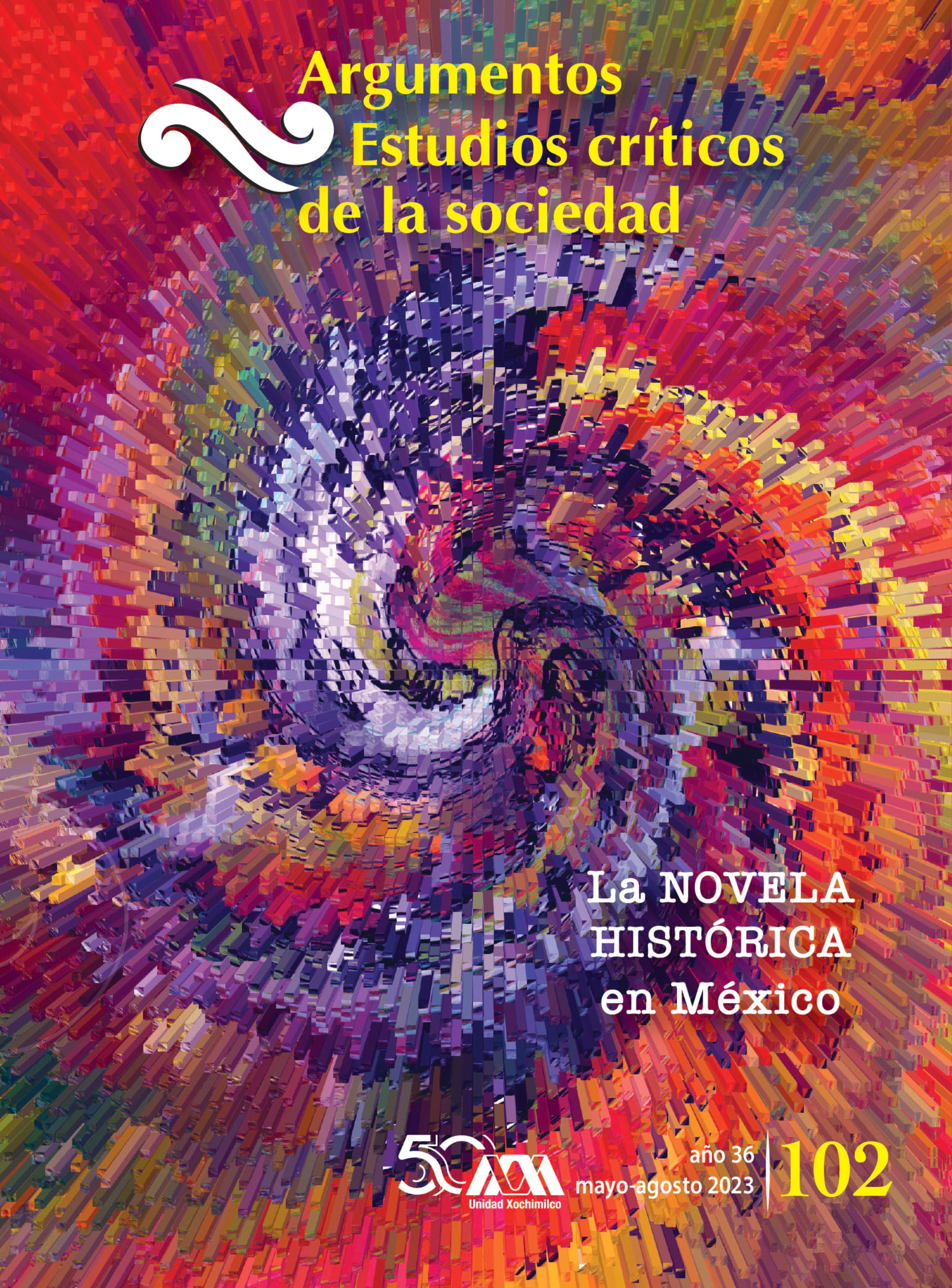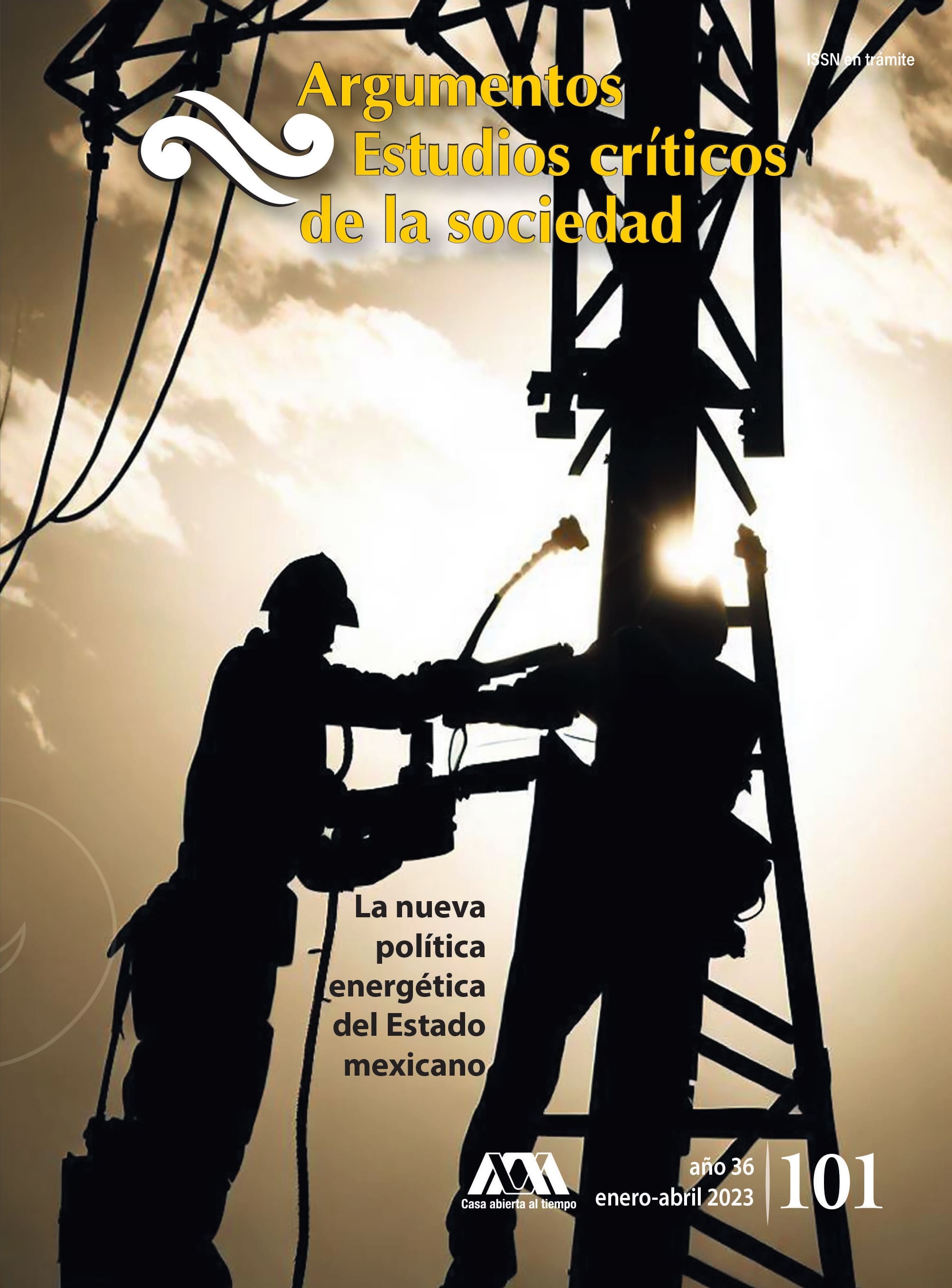El agua en la frontera Chiapas-Guatemala
Reflexiones antropológicas sobre la seguridad hídrica
DOI:
https://doi.org/10.24275/uamxoc-dcsh/argumentos/202195-03Palabras clave:
Barrera cultural, Contaminación de los cuerpos del agua, Gobernanza multinivel, río Suchiate, política municipal del aguaResumen
Describimos las prácticas y percepciones relacionadas al agua de los habitantes fronterizos de México-Guatemala, con especial atención a sus nociones de agua residual y de la contaminación del río Suchiate. Los hallazgos etnográficos nos muestran los límites culturales para establecer la seguridad hídrica en el contexto local y fronterizo. Mientras el aseguramiento del agua potable, en cuanto a su calidad y cantidad, es percibido como una autorresponsabilidad, el manejo de las aguas residuales que generan es invisibilizado, tanto por los habitantes como por la administración municipal. Además, la contaminación del río que divide a los dos países se considera que no se origina en “nosotros, los de este lado”, sino en los “otros”. Estos datos revelan que, para reflexionar la seguridad hídrica en esta frontera, es decisivo contar con una gobernabilidad multinivel que tome en consideración las barreras culturales.








